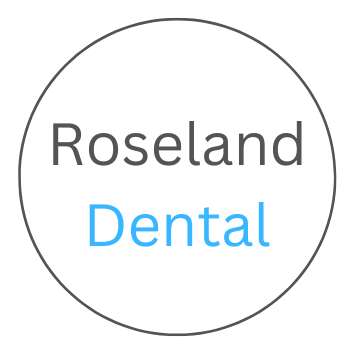Dental care during pregnancy
Pregnancy is a beautiful and transformative time in a woman's life. As an expectant mother, you prioritise your overall health and well-being, but it's essential not to overlook your oral health during these special months. Taking care of your teeth and gums is not only vital for your own well-being but also for the health of your developing baby. In this short blog, we'll explore why dental care during pregnancy is crucial and provide some valuable tips to help you maintain a bright smile throughout this exciting journey.
Why dental care matters during pregnancy?
Pregnancy hormones can wreak havoc on your body, including your oral health. The fluctuating hormone levels may lead to an increased risk of developing gum disease, known as pregnancy gingivitis. Symptoms of gingivitis include swollen and tender gums, bleeding while brushing or flossing, and even bad breath. If left untreated, gingivitis can progress into a more severe condition called periodontitis, which may cause tooth loss.
But it's not just about you. Research has suggested a link between periodontal disease in pregnant women and certain pregnancy complications, such as premature birth and low birth weight. Poor oral health could potentially allow harmful bacteria to enter the bloodstream and affect the developing foetus, making it vital to maintain excellent dental care during pregnancy.
Tips for dental care during pregnancy.
Regular dental check-ups: Before or during pregnancy, schedule a dental check-up to address any existing issues and ensure your oral health is in good shape. Inform your dentist about your pregnancy and any changes in your medications.
Maintain good oral hygiene: Brush your teeth at least twice a day with a fluoride toothpaste and a soft-bristle toothbrush. Floss or tepe between your teeth daily to remove plaque and food debris.
Choose a balanced diet: A healthy and balanced diet not only supports your baby's development but also benefits your oral health. Limit sugary snacks and beverages, and opt for nutrient-rich foods like fruits, vegetables, dairy products, and lean proteins.
Morning sickness precautions: If morning sickness is a part of your pregnancy experience, be cautious about the stomach acid that comes into contact with your teeth. Rinse your mouth with water or a fluoride mouthwash after vomiting and wait for about 30 minutes before brushing your teeth.
Stay hydrated: Drinking plenty of water not only keeps you hydrated but also helps prevent dry mouth and washes away food particles and bacteria.
Avoid unnecessary procedures: Elective dental procedures, such as teeth whitening or cosmetic treatments, are best postponed until after your pregnancy. However, if you experience a dental emergency, consult your dentist as soon as possible.
Inform your dentist about medications: Let your dentist know about any medications or prenatal vitamins you are taking to ensure they are aware of your health status.
Address dental issues promptly: If you notice any oral health concerns, such as gum sensitivity, bleeding, or tooth pain, don't hesitate to contact your dentist for guidance and treatment.
Remember, a healthy mouth contributes to a healthy body, and that is especially true during pregnancy. By taking care of your teeth and gums, you are not only safeguarding your own well-being but also providing the best possible start in life for your little one. Make dental care a priority during this incredible journey, and let your smile radiate the joy of motherhood. Congratulations, and happy brushing!
The Roseland Dental Team

